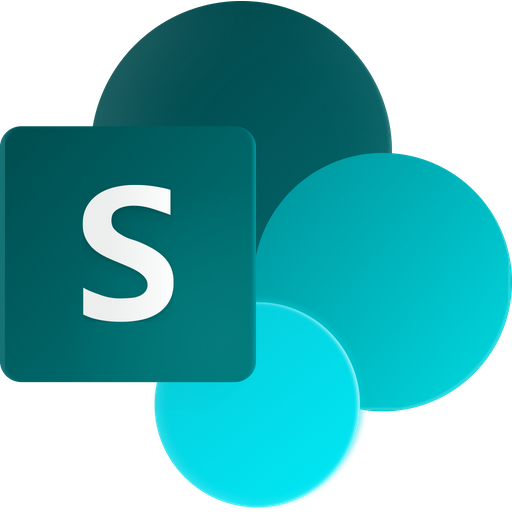Introduction to SharePoint Flows
 Power
Automate is Microsoft's modern tool for creating workflows.
Such workflows, or just flows, empower users by automating
time consuming processes which requires sending/receiving
notifications, collecting data and saving them among various
platforms. Power
Automate is Microsoft's modern tool for creating workflows.
Such workflows, or just flows, empower users by automating
time consuming processes which requires sending/receiving
notifications, collecting data and saving them among various
platforms.
Learn more from the book
The kalmstrom.com Tips series SharePoint Flows was
created in 2018 for the first edition of our book
SharePoint Flows from Scratch, available at Amazon
as Kindle e-book and paperback. The demos are not up to
date, but we hope that you still will find them useful.
For the latest Power Automate interface and features we
recommend the book.
SharePoint Flows from Scratch was first published
in January 2019, and edition 4 was published in June 2025.
The book is intended for SharePoint Online administrators
who know the basics about SharePoint and want to learn how
to use Power Automate with SharePoint to automate common
business processes.
You are of course welcome to browse among these free Tips
articles and watch the demos even if you don't buy the book,
but we recommend you to get the book also. It gives much
more information about Power Automate and detailed step
by step instructions with plenty of images.
Use among multiple cloud services

Flows are intended to replace SharePoint 2010 and SharePoint
2013 workflows. While workflows are limited to sites, flows
can be used extensively with various cloud based services.
Here we will focus on flows where SharePoint play an important
part.
Flow account instead of user account
Each Power Automate user can create a set of flows that
are stored in connection to that Microsoft or Office 365
account. Therefore, any organization that decides to automate
things with flows should either make sure that all business
flows are shared, or create a special user account for flows,
to handle the case if a user quits and to manage potential
costs in cases of high volume flows.
|